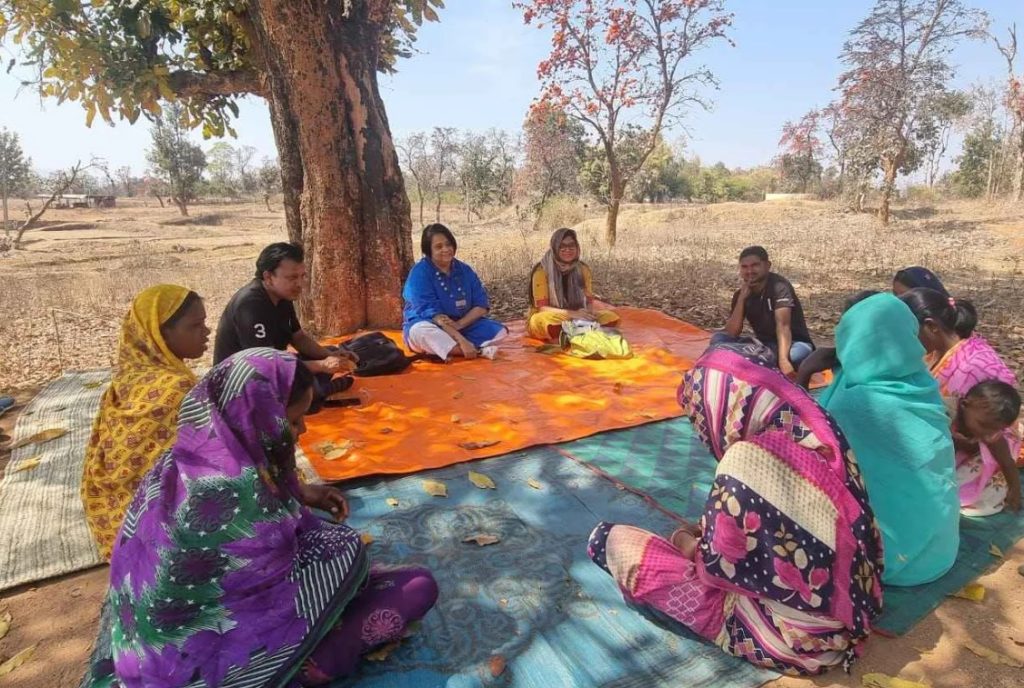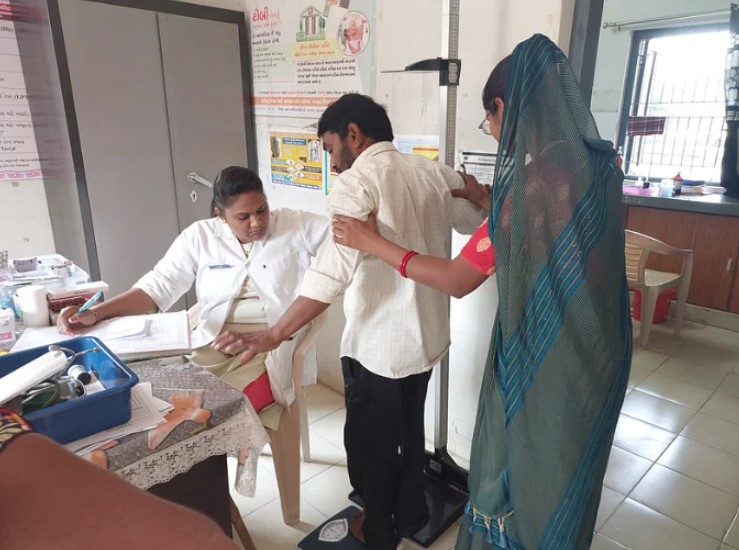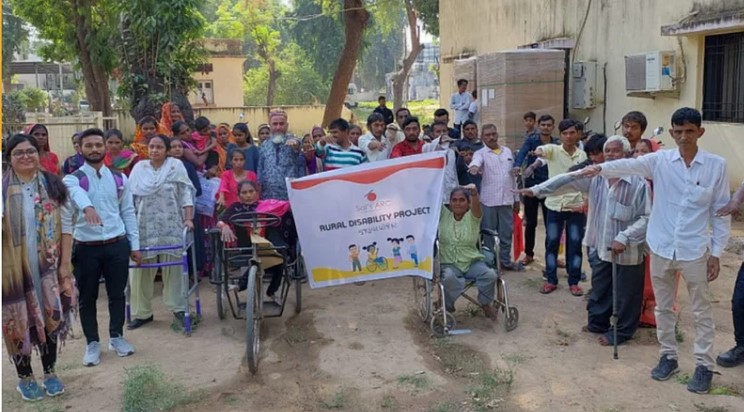
Sol’s Arc: Empowering People with Disabilities in Education and Employment
Date:

Share post:
Championing Inclusive Education
In 2003, Sonali Saini established Sol’s Arc in Mumbai with a mission to support children and young adults with special learning and psycho-social needs. Armed with a master’s degree in special education and inspired by her experience working in a school for children with special needs, Saini identified critical gaps in how education was conceptualized and delivered to children with disabilities. There was a lack of specialized learning materials, necessary adaptations, and teacher awareness. Despite the emphasis on inclusion in India’s education policy, implementation challenges persisted. Many children, especially in government schools, lacked the required support, resulting in dropouts and missed foundational skills. This was particularly true for children with cognitive and neuro-developmental disabilities, such as autism. Sol’s ARC initially adopted a center-based approach, serving 1,000 children through three centers in Mumbai and Pune, providing therapy and educational interventions.

Pivoting for a Brighter Future
A pivotal moment for Sol’s ARC occurred when Sanskar, an autistic student, expressed his desire to grow up, work, and get married during a documentary interview. While touching, it revealed that the center’s existing approach wouldn’t enable these aspirations. Sonali Saini decided to pivot the model. Over the next two years, the organization collaborated with Mumbai schools under the public-private partnership model to develop solutions for integrating these children into mainstream classrooms. The focus shifted towards enhancing learning outcomes for all students, recognizing that teachers couldn’t work separately with individual children. The result was an inclusive learning pedagogy and the creation of ‘Gyaan ka Pitara,’ a learning kit.
Also Read: India’s Art and Craft Extravaganza, India’s Artistic Showcase at G20
Scaling Impact in Education
In 2016, Sol’s ARC initiated its first large-scale project with Educate Girls as part of the Development Impact Bond in Bhilwara, Rajasthan. The goal was to improve literacy and numeracy outcomes for children in grades 3 to 5. Over 60% of the children faced learning challenges, highlighting the need for a new approach. Sol’s ARC introduced the ‘Gyaan ka Pitara’ kit and developed training programs. Rigorous third-party evaluations showed remarkable improvements in learning outcomes, surpassing all targets. The program expanded to benefit over 200,000 children across Rajasthan, Madhya Pradesh, and Uttar Pradesh.

Beyond Education to Employment
Recognizing the need for post-schooling support, Sol’s ARC extended its mission to employment. They collaborated with stakeholders, including vulnerable young adults, parents, government agencies, NGOs, Sector Councils, and industries, to create an inclusive environment and employment opportunities. They developed certification courses for basic numeracy and reading skills, followed by internships and placements. Focusing on the hospitality and retail sectors, Sol’s ARC initiated partnerships with companies like Lemon Tree Hotels and Amazon. The journey towards workplace inclusion proved challenging, requiring companies to adopt the right HR practices and accommodations.
Expanding Impact
Sol’s ARC’s initiatives, including Project Samavesh, Project Ankur, and the Rural Livelihood Mission, aim for far-reaching impact. Project Samavesh collaborates with the Tamil Nadu government to improve Foundational Literacy and Numeracy outcomes for children with disabilities. Project Ankur, launched in Madhya Pradesh, aims to make learning in Grades 1-3 holistic and inclusive. The Rural Livelihood Project, developed in partnership with the National Dairy Development Board (NDDB), targets rural areas. Sol’s ARC is working towards replicating these models across states and institutionalizing them for wider adoption.

While Sol’s ARC relies on funding from national and international foundations and CSR funds, convincing investors to support “systems change” remains a challenge. The organization’s forward-looking strategy involves replicating successful models and facilitating their adoption by governments and NGOs. In the coming decade, Sol’s ARC aims to promote equity in education and livelihood opportunities for people with disabilities.
Also Read: On the Road to Wellness, Dr. Swaminathan’s Mobile Clinic Initiative
